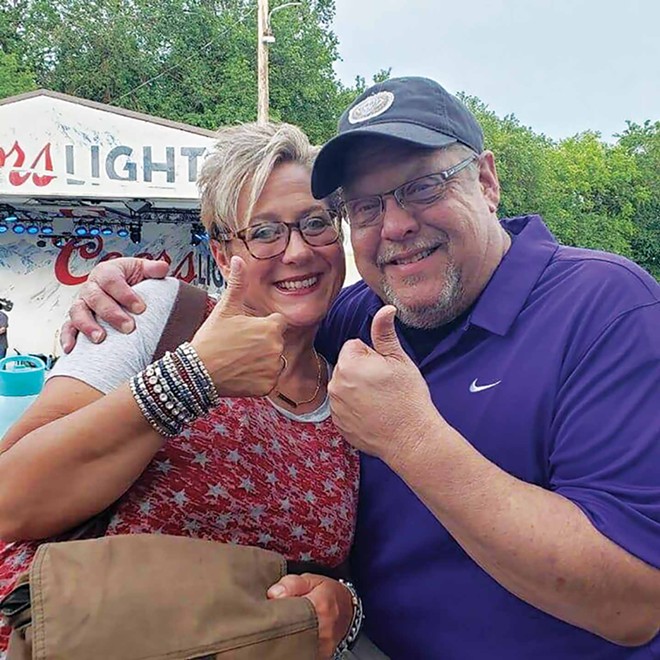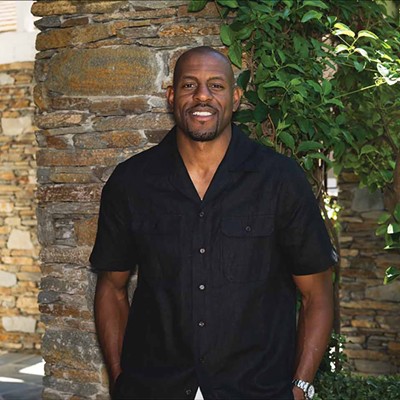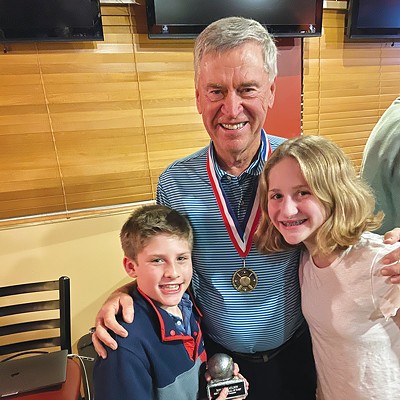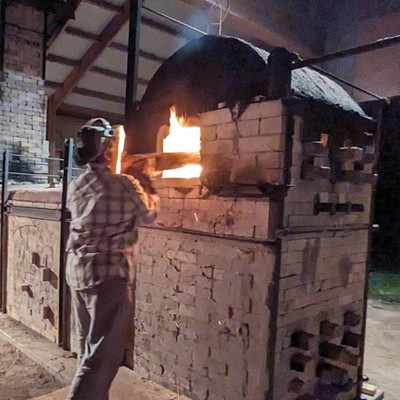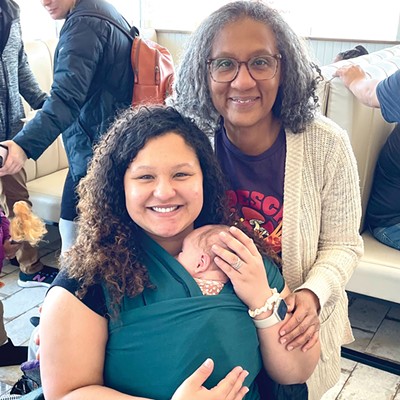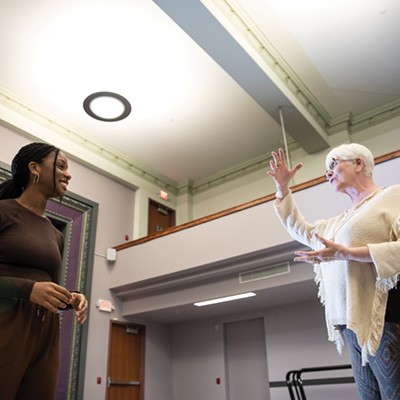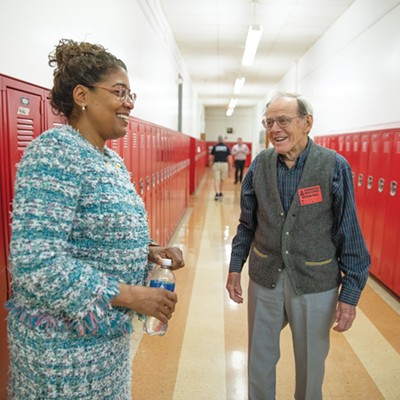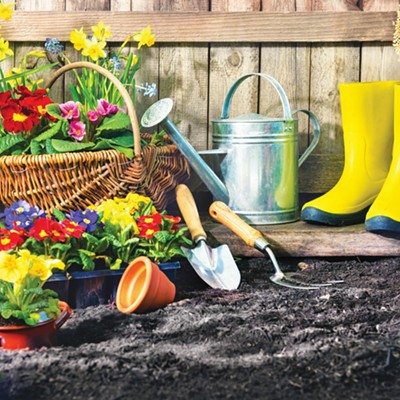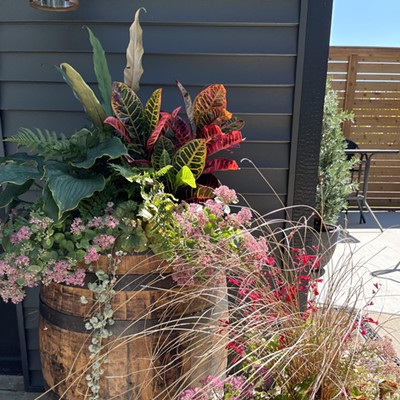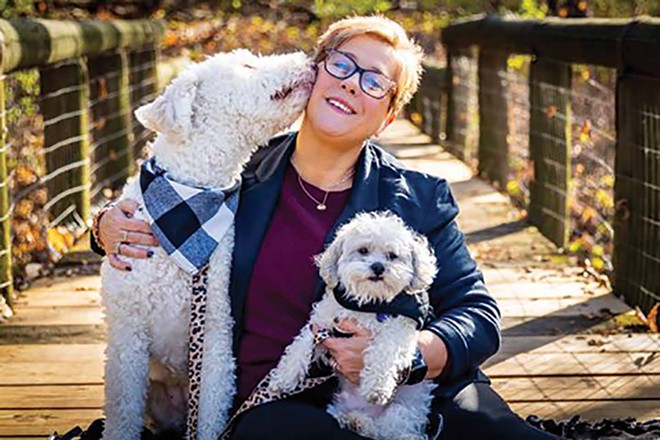
Many of us choose to live the rest of our lives alongside another. Two lives intricately and intimately woven together into a fabric of family, hopes and dreams. But what happens when one dies before the other? What happens to the one left behind to grieve not only the loss of their love, but also the loss of the life for which they had hoped? What is life after death like for the widow? And why does that word "widow" have such negative connotations for a person already struck with loss and loneliness?
I was privileged to sit down and talk with three Springfield women who are widows. Each lost her spouse to cancer and had a sense of time prior to the loss of their husbands. They were able to have conversations about what was impending. Every attempt was made to be prepared.
Sharon met her husband through work at the Statehouse and recalls their first meeting. Her late husband was a jokester. He would later tell the grandkids that he met her while in divinity school and she was a go-go dancer. What made their relationship special for her was how he seemed to know what she needed even before she did. It's been over 15 years since he passed and she says, "You never get over it, but you just get through it." Her faith is reassuring, and it comforts her to believe that she will be with him again. Sharon has created a community of friends in faith, and has attended grief groups, which were helpful for her in the earlier years. Her family continues certain traditions and they keep his memory alive with stories and mementos. In her eyes, there is no wrong or right way to grieve. Each person may have their own timeline. Her grief comes from knowing that he was the only person who wholeheartedly loved her, she says, and she simply was just not done loving him yet.
Paula met her husband in a bar in the 1950s when she was with girlfriends. He asked her to dance and that was it. That moment started an evolving relationship that resulted in decades of marriage, kids and grandkids. It is hard for her to put into words how much she misses him, but she especially misses him at gatherings of family or friends. She keeps her grief close to her heart at times, so as to not burden her family. Yet she is always eager to share a story of their life together. She misses his tinkering and projects around the house which sometimes appeared to be full of mistakes. These imperfections in his work remain, and they give her a smile. She leans on her friends in difficult times when needed. There can be some sad and difficult days, but she is forever grateful for the good memories. Times with her grandkids and great grandkids bring her the most joy. She feels the best way to honor him is through laughter and stories, but mostly by continuing to live her life as best she can.
Dara also met her husband while with a group of friends as they ended up at Baur's restaurant during a late night out. Their relationship over the years was filled with laughter with a side of sarcasm, she recalls. She always just felt "giddy "when he was around. They built a great life together, along with two daughters. When he was diagnosed with colon cancer, she was the take-charge spouse, so they really didn't have many conversations about what to do if or when something would happen. There seemed to be an understanding that she would and could just handle it. Alan's illness over the years took a toll on him physically, yet he kept his humor. Laughing during those difficult times was how they all got through, and laughter is still a large part of Dara's grief process. She talks to Alan every day. She literally talks to him daily as she keeps a small urn of ashes with her at all times. As we talked, Dara even posed the question that maybe she doesn't grieve enough by most standards. She says she doesn't grieve his loss because she is "celebrating his life rather than mourning his death." If Alan had to stop living, it was important for Dara not to do the same. She doesn't mind being alone, but there are times she feels forgotten, because most of their social activities were centered on being a couple. She finds joy in her adult daughters and her doggies. She lives by the credo that "Life isn't waiting for the storm to pass, it's about learning to dance in the rain." Dara knows that Alan is now dancing and free of the physical burden of his cancer. Having that thought and image is itself worth a celebration, not tears.
Certainly there are differences in being widowed suddenly, versus being prepared by a known illness. Also there may be differences in how men mourn the loss of their loved ones. What I gather from these conversations is that there is a delicate balance between the joys of a life lived and the daily sorrow of a love lost. A rush of memories can surge through at any moment to flood the heart and soul. Reminiscing keeps your loved one alive. To not speak of them dampens the fire of their legacy. There is not a one-size-fits-all on how to grieve moment by moment and day by day. It is not for the rest of us to tell a widow what she should or shouldn't be doing. What friends should do is be patient and kind. And we should consider taking the time to ask her to tell us a story, or two.
Nicole Florence of Springfield is a writer and a medical doctor.

